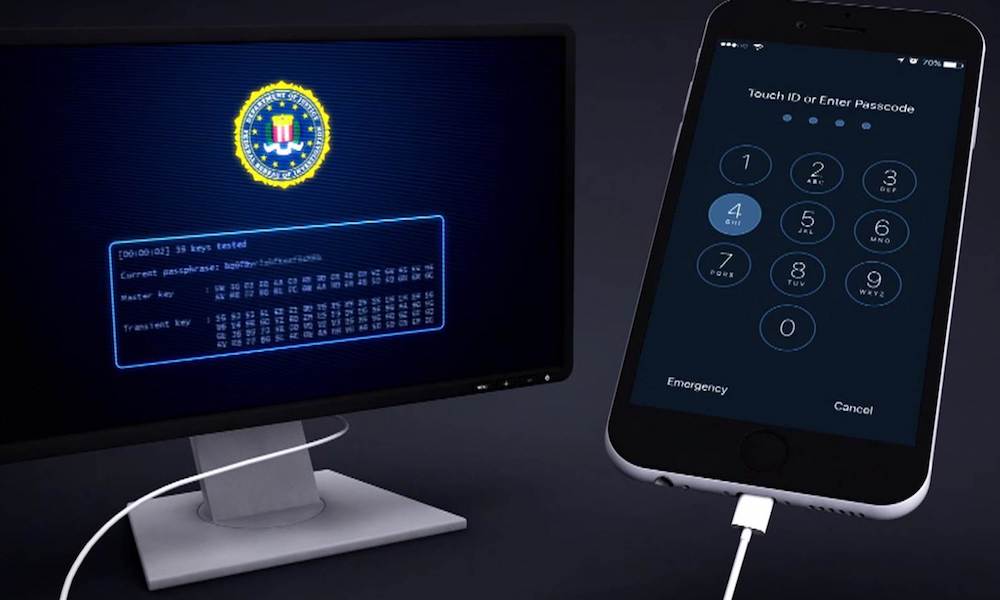Apple Will Close Security Hole Used By Police, FBI to Crack iPhones
 Credit: Today
Credit: Today
Toggle Dark Mode
Apple will close a security gap that has allowed law enforcement to crack iPhones without passwords. The loophole will be closed in a forthcoming iOS update, Apple announced.
“We’re constantly strengthening the security protections in every Apple product to help customers defend against hackers, identity thieves and intrusions into their personal data,” Apple said in a public statement. “We have the greatest respect for law enforcement, and we don’t design our security improvements to frustrate their efforts to do their jobs.”
The loophole exists at the Lightning port which is used to transfer data between devices. Apple’s new update will partially disable the port if a correct password is not entered. The port will automatically cut off data transfers an hour after the phone is locked. However, the port will still be available for charging the phone and plugging in headphones.
The update is in keeping with Apple’s firm and longstanding commitment to maintaining consumer privacy.
Since 2014, iPhones have featured device encryption. The devices also shut down after a set number of failed password attempts, which prevents intruders from breaking in by brute force. This stance has put the iPhone maker at odds with law enforcement.
In 2016, Apple was famously embroiled in a legal battle with the FBI over its refusal to break into an iPhone used by the San Bernardino shooter. The confrontation ended only when the FBI reportedly paid a third party hacker to unlock the phone.
While the FBI has refused to disclose the identity of the third party firm, but the hacker is believed to be Cellebrite, an Israel security firm.
Apple CEO Tim Cook has stated that privacy is a “fundamental” human right in an interview with Recode this year. “We care about the user experience. And we’re not going to traffic in your personal life”, Cook said. “I think it’s an invasion of privacy. I think it’s – privacy to us is a human right.”






